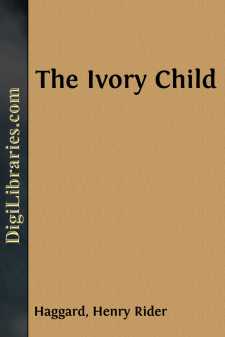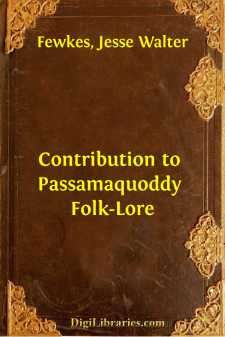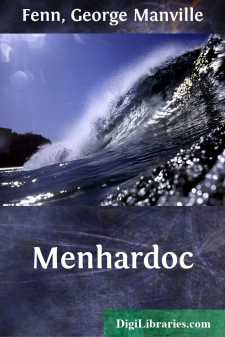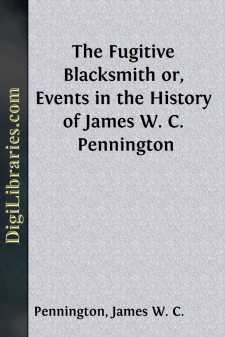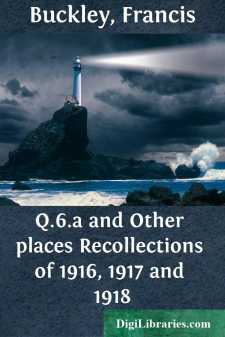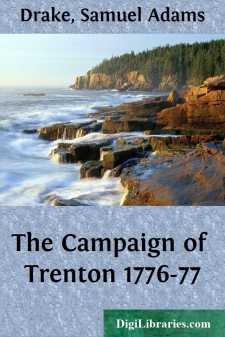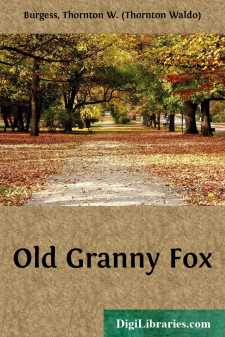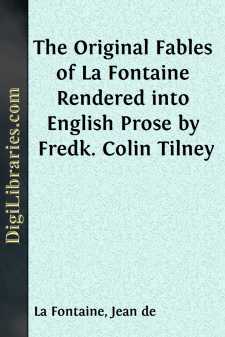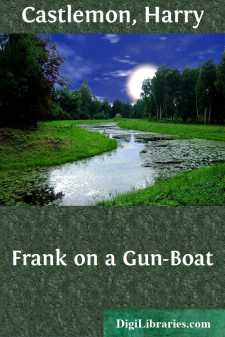Categories
- Antiques & Collectibles 13
- Architecture 36
- Art 48
- Bibles 22
- Biography & Autobiography 813
- Body, Mind & Spirit 142
- Business & Economics 28
- Children's Books 17
- Children's Fiction 14
- Computers 4
- Cooking 94
- Crafts & Hobbies 4
- Drama 346
- Education 46
- Family & Relationships 57
- Fiction 11829
- Games 19
- Gardening 17
- Health & Fitness 34
- History 1377
- House & Home 1
- Humor 147
- Juvenile Fiction 1873
- Juvenile Nonfiction 202
- Language Arts & Disciplines 88
- Law 16
- Literary Collections 686
- Literary Criticism 179
- Mathematics 13
- Medical 41
- Music 40
- Nature 179
- Non-Classifiable 1768
- Performing Arts 7
- Periodicals 1453
- Philosophy 64
- Photography 2
- Poetry 896
- Political Science 203
- Psychology 42
- Reference 154
- Religion 513
- Science 126
- Self-Help 84
- Social Science 81
- Sports & Recreation 34
- Study Aids 3
- Technology & Engineering 59
- Transportation 23
- Travel 463
- True Crime 29
Sort by:
ALLAN GIVES A SHOOTING LESSON Now I, Allan Quatermain, come to the story of what was, perhaps, one of the strangest of all the adventures which have befallen me in the course of a life that so far can scarcely be called tame or humdrum. Amongst many other things it tells of the war against the Black Kendah people and the dead of Jana, their elephant god. Often since then I have wondered if this...
more...
A CONTRIBUTION TO PASSAMAQUODDY FOLK-LORE. The study of aboriginal folk-lore cannot reach its highest scientific value until some method is adopted by means of which an accurate record of the stories can be obtained and preserved. In observations on the traditions of the Indian tribes, the tendency of the listener to add his own thoughts or interpretations is very great. Moreover, no two Indians tell...
more...
Introduces Will and his Henchman, Josh. “You don’t know it, Master Will, lad, but Natur’ couldn’t ha’ done no better for you if she’d tried.” “Why, Josh?” “Why, lad? There’s a queshton to ask! Why? Warn’t you born in Co’rn’all, the finest country in all England, and ain’t you going to grow into a Cornishman, as all old books says is giants, when you’ve left off being a...
more...
MY BIRTH AND PARENTAGE.—THE TREATMENT OF SLAVES GENERALLY IN MARYLAND. I was born in the state of Maryland, which is one of the smallest and most northern of the slave-holding states; the products of this state are wheat, rye, Indian corn, tobacco, with some hemp, flax, &c. By looking at the map, it will be seen that Maryland, like Virginia her neighbour, is divided by the Chesapeake Bay into...
more...
by:
Francis Buckley
WHEN IT BEGAN Before the war I was living in London, with chambers at Lincoln's Inn. I was not surprised when the trouble started. Ever since 1904 it was reasonably clear to me that our country would have to fight the Germans or go under. The days before we declared war on Germany were spent in London. During the last few of them it was as though a terrible thunderstorm was hanging overhead, ready...
more...
PRELUDE Seldom, in the annals of war, has a single campaign witnessed such a remarkable series of reverses as did that which began at Boston in March, 1776, and ended at Morristown in January, 1777. Only by successive defeats did our home-made generals and our rustic soldiery learn their costly lesson that war is not a game of chance, or mere masses of men an army. Though costly, this sort of...
more...
CHAPTER I: Reddy Fox Brings Granny News Pray who is there who would refuseTo bearer be of happy news?—Old Granny Fox. Snow covered the Green Meadows and the Green Forest, and ice bound the Smiling Pool and the Laughing Brook. Reddy and Granny Fox were hungry most of the time. It was not easy to find enough to eat these days, and so they spent nearly every minute they were awake in hunting. Sometimes...
more...
The Two Mules (Book I.—No. 4) There were two heavily-laden mules making a journey together. One was carrying oats and the other bore a parcel of silver money collected from the people as a tax upon salt. This, we learn, was a tax which produced much money for the government, but it bore very hard upon the people, who revolted many times against it. The mule that carried the silver was very proud of...
more...
by:
Harry Castlemon
FRANK ON A GUN-BOAT. CHAPTER I. In the Navy. "Well, Frank, did you bring home the evening's paper?" inquired Mrs.Nelson, as her son entered the room where she was sitting. "Yes, ma'am. Here it is!" answered Frank, producing it. "But there is no news in it. The Army of the Potomac has not moved yet. I don't see what makes them wait so long. Why don't McClellan go...
more...
by:
Katharine Blunt
CHAPTER I Wheat is as much a war necessity as ammunition—wheat is a war weapon. To produce it and distribute it where it is needed and in sufficient quantities is the most serious food problem of the Allied world. The continent of Europe, with her devastated fields, can raise but a small fraction of the wheat she needs, and ships are so few that she cannot import it from many of the usual sources....
more...


